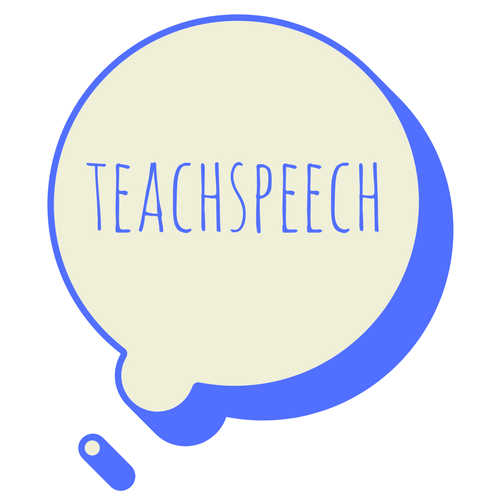One summer evening, a large banner dropped in Birmingham, Alabama and my world should have changed, but it didn’t. For months, I had worked for the opportunity to advance to the quarterfinal round of United States Extemporaneous Speaking at Nationals and that night, I learned that I did. Now, don’t get me wrong, there were definitely moments of celebration that night, but I remained the same speaker, the same extemper, and the same person I had been that morning. Although I continued to strive for competitive success in speech, my focus by then had transitioned to coaching and advocacy.
At this point, it seems a bit of context is needed. Growing up, I was an extremely talkative child who almost never ran out of things to say. My sister even joked that if she ever wanted to avoid awkward silences at a function, she could simply haul me along and allow me to yap away. Therefore, when I started middle school, I immediately joined the speech team. And I had a blast; I competed in everything from humor (where I quickly learned interpretive events were not my forte) to extemporaneous speaking. I was successful, had an awesome coach, and loved my fantastic teammates. Perhaps even more importantly, I morphed from a young girl who spouted practically gibberish into a teenager who was confident and skilled enough to deliver meaningful (at least in the context of a middle school student) arguments. Heartened by joyous experiences and progress, I entered 9th grade with my heart set on continuing my competitive career.
The first thing that I quickly realized freshman year was that things were a lot more competitive. For example, I experienced a bit of a rude awakening when I realized my casual perusal of news sites in middle school paled in comparison to the methodical filing my fellow extempers did to prepare for tournaments. So, during sophomore and junior year, I turned the heat up; I went away to summer forensics institutes (which by the way, are so, so much fun), began working with one of the best college coaches in the nation, and practiced, practiced, and practiced. In time, I improved; my delivery became much more powerful, I learned to analyze, and I became more confident, eloquent, and empowered than I had ever been before. As a byproduct, I also found success on my local circuit and much more modest success on the national circuit. In addition to competing, I also spent time reflecting on my progress; I judged and coached at the middle school level. I realized, as I saw a young speaker light up after nailing her introduction, that the communication skills I had gained meant so much more than my competitive record ever would or could. It was then that I discovered my passion for increasing social mobility in marginalized populations through speech and debate education.
You see, as a first-generation American and child of two immigrants, I was an eyewitness to the professional development delays communication barriers can cause. And although my parents were able to overcome most of these obstacles, my heart went out (and still goes out to) those communities (including my own) who historically remained underrepresented in leadership positions. Without opportunities to learn communication skills, these populations are unable to take credit for the work (and consequently, be recognized for their efforts) and receive opportunities to advance. Reinvigorated with a new mission, I began coaching underprivileged middle school students and became a Communications project coordinator at my local 4-H program. Although many of my competitors may never become national champions, I hope each and everyone of them has benefitted from the empowerment speech provides.
In a sea of ridiculously accomplished speakers (such as the founder of this very initiative), my competitive record hardly breaks the surface. Yet in another way, my experiences in speech and debate have left a profound legacy. For me personally, speech empowered me and turned me into the individual I am today. The overwhelming majority of opportunities I have received have been connected in some way to my ability to communicate. And for that, I will be forever grateful. But perhaps even more importantly, speech gave me a mission. A mission that I will take with me as I transition to college. A mission that inspires me to my core. A mission that has changed my life.
